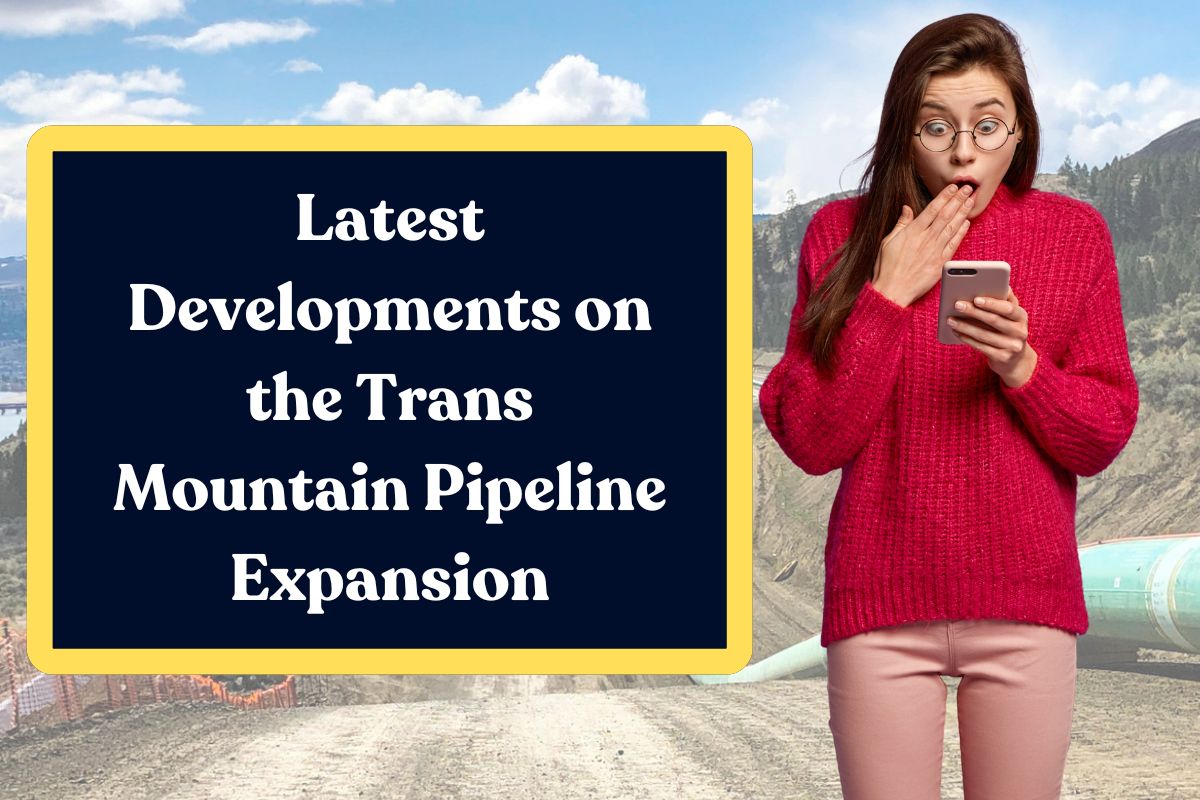Climate policy is playing a crucial role in pipeline debates as they are framing them as an important part of the broader energy transition and rising climate disturbance. In recent times, concerns related to climate change are rising as there is a need to keep the fossil fuels in the ground, still the new pipeline construction work is ongoing. So all these matters are shaping pipeline debates.

How Climate Policy Is Shaping Pipeline Debates?
Although the awareness is increasing, the policies are becoming more supportive of renewable energy, and People are becoming more aware of how a pipeline that contains oil and gas can ruin their future. So this is another reason that increases the debate over climate change.
Impact of the Current Climate Policy
Climate policies are focused on how to save the environment from the pollution caused by the use of Fossil fuels and create a debate on how to reduce greenhouse gas emissions that lead to scrutiny for new pipeline projects. Given below is a breakdown that will help you understand how policies will help in the pipeline debate:

Decarboniztion:
There are some carbon policies, like carbon pricing, that are designed to reduce the use of fossil fuels by increasing the price. When the use of fossil fuels reduces, it will increase the use and investment of renewable energy, especially solar and wind. Using too much fossil fuel will harm the environment and increase the health risk for future generations.
International Cooperation:
Many international organizations are providing support to companies in achieving the net-zero target. Apart from it Paris agreement is providing a complete framework that will help to reduce carbon emissions.

The Paris agreement has a target to reduce the use of fossil fuels by 2050, and to achieve these goals, nations have to submit their plans to the Nationally Determined Contribution, which outlines their plan for reducing greenhouse gas emissions.
Exploring Pipeline Adaptation:
Some people argue that a pipeline can also be used in transferring clean energy, especially for hydrogen and fuels that create zero emissions, but the concern related to leakage and safety will not change.

Complexity:
Countries that are developing and don’t have enough money for expenditure will not be able to shift to renewable energy, and some countries, like India, where people are so dependent on coal in a particular season, will not accept the change. The other complexity is that some companies have dispute issues with the government’s climate policy, which will delay the implementation.
International collaboration:
Globally, people are ready to share their resources, knowledge, and technology, especially with countries that are facing difficulty in shifting to renewable energy, to have better cooperation in achieving net zero. Apart from it, some developed nations are coming forward to provide financial assistance of $300 billion by 2035 to developing nations.

How are the Oil and gas pipelines harming the climate goals?
Oil and gas pipelines are harming the environment in several ways due to the harmful gases they release and some of which are given below:
Greenhouse Gases:
Greenhouse gases, especially those that contain methane, are more harmful than any other carbon dioxide. Methane, after a limit, can be poisonous and lead to death. Sometimes the gas leaks result in the loss of the environment and surroundings. So the pipeline debate raises the voice to regulate the pipeline from time to time, and if any pipeline gets leaked, it should be mandatory to repair it as soon as possible.
Upstream and Downstream emissions:
Upstream and downstream emissions are also known as scope 3 emissions. Upstream happens because of activities before the production, like manufacturing, raw materials extraction, and transportation to the company, while downstream emissions happen when the product is ready to get shipped to the market and delivering the product to the customer. Both the emissions contribute to climate change.
Destruction of Land and Nature:
Use of a pipeline destroys the environment and land, as pipeline work requires so much land, and then there will be machinery and equipment that will reduce the fertility and soil quality, which will make the harvesting process difficult. It also leads to a loss of the natural habitat.
Accidental Incidents:
Sometimes a pipeline becomes the reason for a big accident due to the leakage and spill on the land. When a pipeline leaks for any reason, it spreads the harmful substances in the environment that create damage to the human beings living nearby. Even the pipeline that carries the natural gas can become the reason for an explosion.
Indigenous communities:
Pipling routes are mostly located in the forest area where indigenous communities live, and they carry the burden of the industries, which is not very justifiable. It completely destroys the traditional livelihood of people, their culture, and their land.
Pipeline defunding and alternative use:
Defunding the pipeline is a very major and complex task because many people and developing countries are dependent on it. However, some alternative methods can be used in place of the pipeline.
Reason to consider defunding of pipeline:
Environmental issue:
A pipeline disturbs the whole environment and ecosystem where it is located. Apart from it poses a risk to the lives of many people and animals. For future generations, it ruins the natural resources.
Safety Concerns:
Spills and leaks create massive destruction to the habitats where people live. If the oil and gas leaked, it could make the water poisonous and the surrounding area harmful. Apart from it is very costly to maintain the pipeline.
Alternative methods of pipeline
Infrastructure Development:
New infrastructure development is an alternative method for renewable energy generation. However, it will require careful planning and investment to reduce the cost burden.
Policy Regulation:
The government has to play a crucial role in maintaining and introducing the policy that will control the use, and over time, it will be possible to completely restrict the use.






